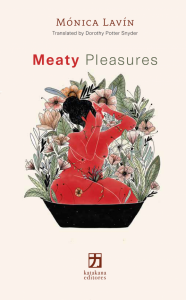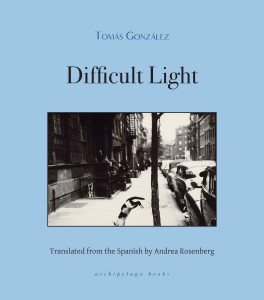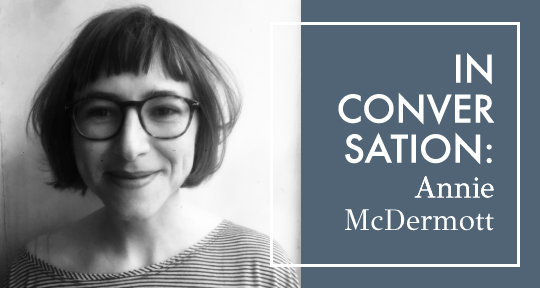The naming of Abdulrazak Gurnah as our latest Nobel laureate in Literature is what’s topping headlines around the world this week, but there’s plenty more happening outside of the Swedish Academy. Our editors on the ground is bringing news of multi-media literary festivals, architecturally transformative contemporary art, Ukrainian translation forums, and the passing of a beloved Guatemalan writer. Read on to find out more.
MARGENTO, Editor-at-Large, reporting from Brussels
Brussels Planetarium Poetry Fest was hardly over when another literature festival was announced in Europe’s capital: Les Voix en Ville (Voices in the City), organized by Lettres en Voix. This year’s edition featured mostly collaborative projects involving writers, musicians, and filmmakers presenting concerts, readings, workshops, and “cinematic poems.” The venues were as diverse as cathedrals, museums, theaters, pubs, and public squares, while the works presented were more often than not site-specific. Maud Vanhauwaert, for instance, after recently receiving ovations at Planetarium Poetry Fest, participated by reading an “Ode to the Socio-cultural Worker” at the legendary literary cafe La Fleur en Papier Doré. The poem culminated in a work that went beyond the text per se, resulting in a video of the reading which featured images of the venue and a music soundtrack—an illustration in and of itself of the many “workers” who had contributed from behind the scenes.
In the meantime, Brussels’ literary and arts scene is frantically resurfacing from the lockdown. Among the 300 exhibiting artists, 150 workshops, 100 animations, and “concerts, live, dance, street art, performance, and literature” events inundating Ixelles (the arts quarter of Brussels), there was also a “coup de coeur” (heartthrob, sudden crush) exhibition at the animated Demeuldre art gallery. Among the highlights was Bert Mertens, a senior artist with a fresh eye for estranging details and collaged panoramas who mesmerized the visitors from the moment they entered with the hyperrealist light radiating from his paintings. The diversity of forms and approaches of other artists—ranging from graphic art to photography to sculpture to installations to comic strips—also succeeding captivating one’s attention. Still, what really overwhelmed the audience and kept visitors wandering the upper floors and attic of the 19th-century china shop for hours on end was the Talk C.E.C. exhibition, which reunited dozens of artists from France, Belgium, Italy, and elsewhere in a joint project converting the place—its architecture, its interior and exterior walls, the literal holes in the walls, the cafe, kitchen, and even the bathrooms—into a powerful collective manifesto revisiting and fusing sacred traditions, unorthodox spiritualism, and transgressive eroticism from an urgently environmentalist and culturally inclusive perspective.
Kristina Tatarian, Editor-at-Large, reporting from Ukraine
As summer ended festively with the thirtieth annual Independence day in Ukraine, a succession of literary events showcased new national literatures and opened up conversations about the changing trends in translation. Not long ago, the Ukrainian Book Institute established Translate Ukraine, the first translation initiative of its kind to be sponsored by the government, and which has helped literary festivals turn their focus towards an international audience. As a result, a record number of Ukrainian titles were translated into English in the past five years. M any Ukrainian publishers have noted that international literary festivals are not the only places to showcase the wealth of contemporary literature available in the country, stressing the importance of supporting local literary forums to better promote Ukrainian letters globally. Earlier this year, the famous literary festival Kyiv Book Arsenal hosted publisher B2B meetings to facilitate international translation deals and pitch the best of Ukrainian literature to publishers. READ MORE…















